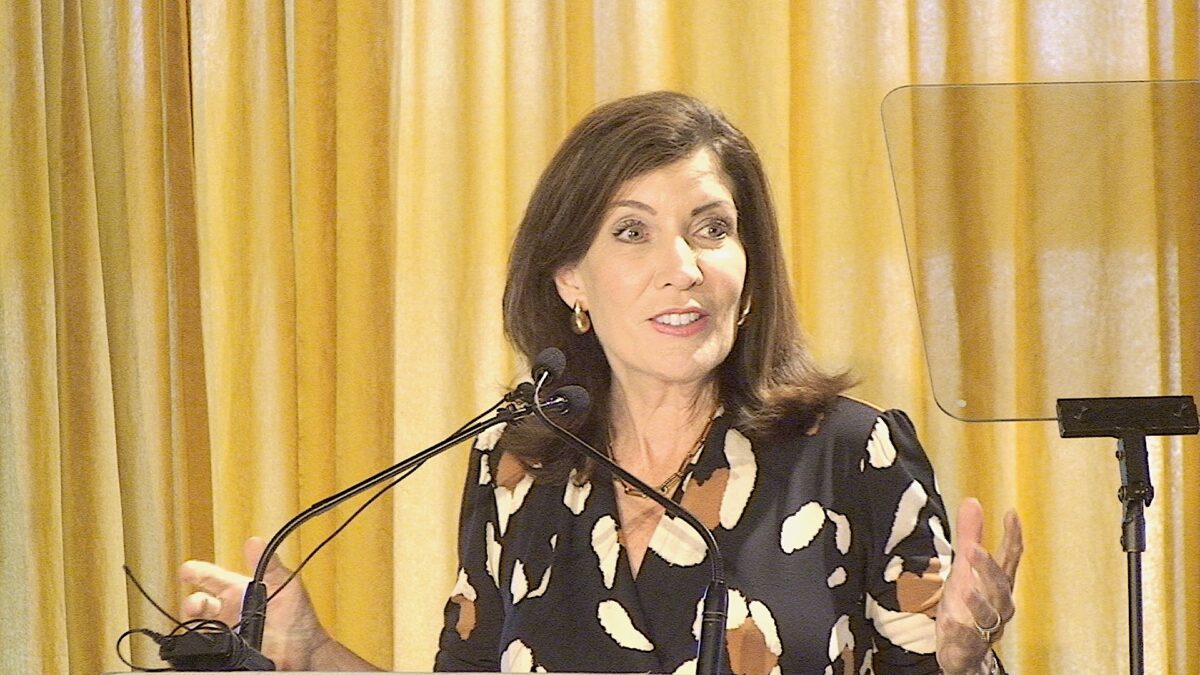“In 2010, Connecticut passed a nondiscrimination law on gender identity that went into effect in 2011,” said Anthony Crisci, executive director of Triangle Community Center in Norwalk, the oldest nonprofit in Fairfield County focused on LGBTQ issues. “Most people I”™ve talked to aren”™t even aware that law exists and they are usually not aware of how to apply the law.”

To raise that awareness, Crisci is out of his office once or twice a week hosting cultural competency training seminars for businesses, public and social service agencies, medical centers and schools seeking information on creating an affirmative and inclusive environment for lesbian, gay, bisexual, transgender and queer employees and clients. Crisci said his organization has become the go-to source for advice and guidance on the subject without making an aggressive effort to gain that position.
“Since we started our program about two years ago, we”™ve had very little marketing or outreach for it,” he said. “It has been almost all word of mouth.”
The companies and organizations seeking Triangle”™s input are sincere in their efforts to train their staffs, Crisci said. “A lot of folks heard the phrase and acronym ”˜LGBTQ”™ and are sort of familiar with it,” he said. “But when you dig a little bit deeper and explore whether they have the appropriate knowledge, education and language when working with an LGBTQ client, a lot of folks feel that they are not really in the know and not comfortable in those situations.”
The training sessions include an overview of the LGBTQ experience in relation to popular perceptions that heterosexuality is the only norm, as well as shifting views of gender identification. Each session runs 90 minutes, with the first half of the training covering definitions and terms associated with the LGBTQ community.
“A lot of different groups are lumped together in that acronym,” Crisci said. “If you just describe a transgender person as gay or lesbian, you are missing the mark because it doesn”™t describe that community.”
The second half of the session seeks to apply this new knowledge to workplace protocol and respectful communications. Crisci pointed out that many of his recent training sessions concentrated on questions related to gender identity, including interactions with people who do not identify as being male or female and who prefer to be addressed in gender-neutral language.
With each session, Crisci informs trainees that his goal is not to be critical of their work or to force them to radically alter their work duties. “We”™ve addressed law enforcement, medical workers and mental health professionals, and we are not there to teach anyone the right way to do their job,” he said. “We teach them on the surface etiquette: How do you navigate pronoun usage, how do you create an environment that is welcoming and confirming for anyone in the LGBTQ community, and talk them through with examples.”
Crisci said the feedback he”™s received has been largely positive. “We had one training where somebody walked out,” he said with a laugh. “Typically, we start by going around the room and identifying ourselves and the pronouns we use. We had one training where someone was very, very offended that they had to share what pronouns they used, so they got up and walked out of the room. That was an extreme reaction.”
While some people may not be comfortable discussing the subject, Crisci said, taking discomfort to a discriminatory level is not acceptable, especially if the discrimination is based on the argument that one is exercising religious principles.
“I go to church every Sunday,” said Crisci, who keeps an icon of St. Anthony of Padua in his office. “It doesn”™t change the law. Everyone has different beliefs, but we shouldn”™t think our beliefs entitle us not to follow a certain law or be able to actively discriminate in a way based on different standards.”
Triangle Community Center”™s on-site cultural competency training sessions cost $500 for private-sector entities and $250 for nonprofits and public agencies. The center hosts a free, smaller-scale monthly session at its office that is often attended by human resources officers seeking a preview of what could be expected from cultural competency training.
Interest in the service has risen. Crisci recently did his first training session in New Jersey and the nonprofit plans to devote more attention to marketing and promoting its workplace training program.
“LGBTQ identities are relevant to the work we do,” he said. “It is definitely better to be proactive about this.”





















